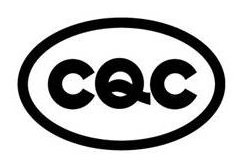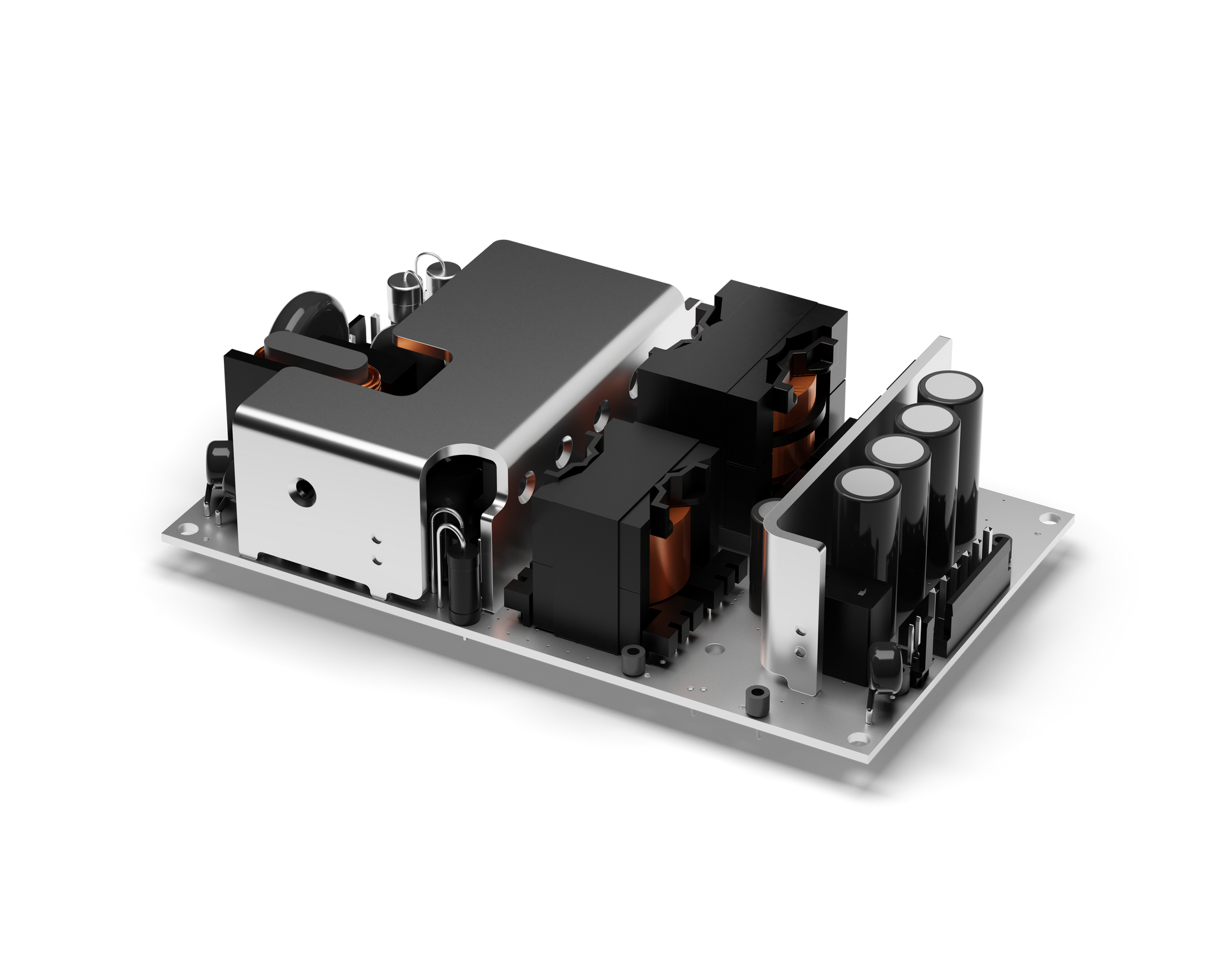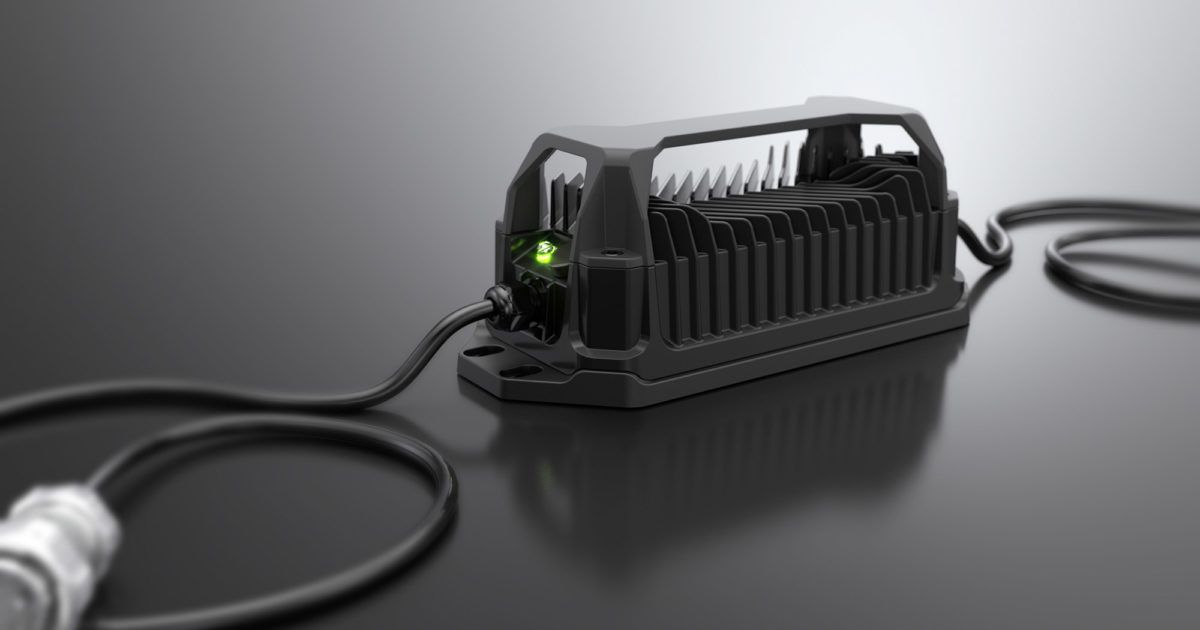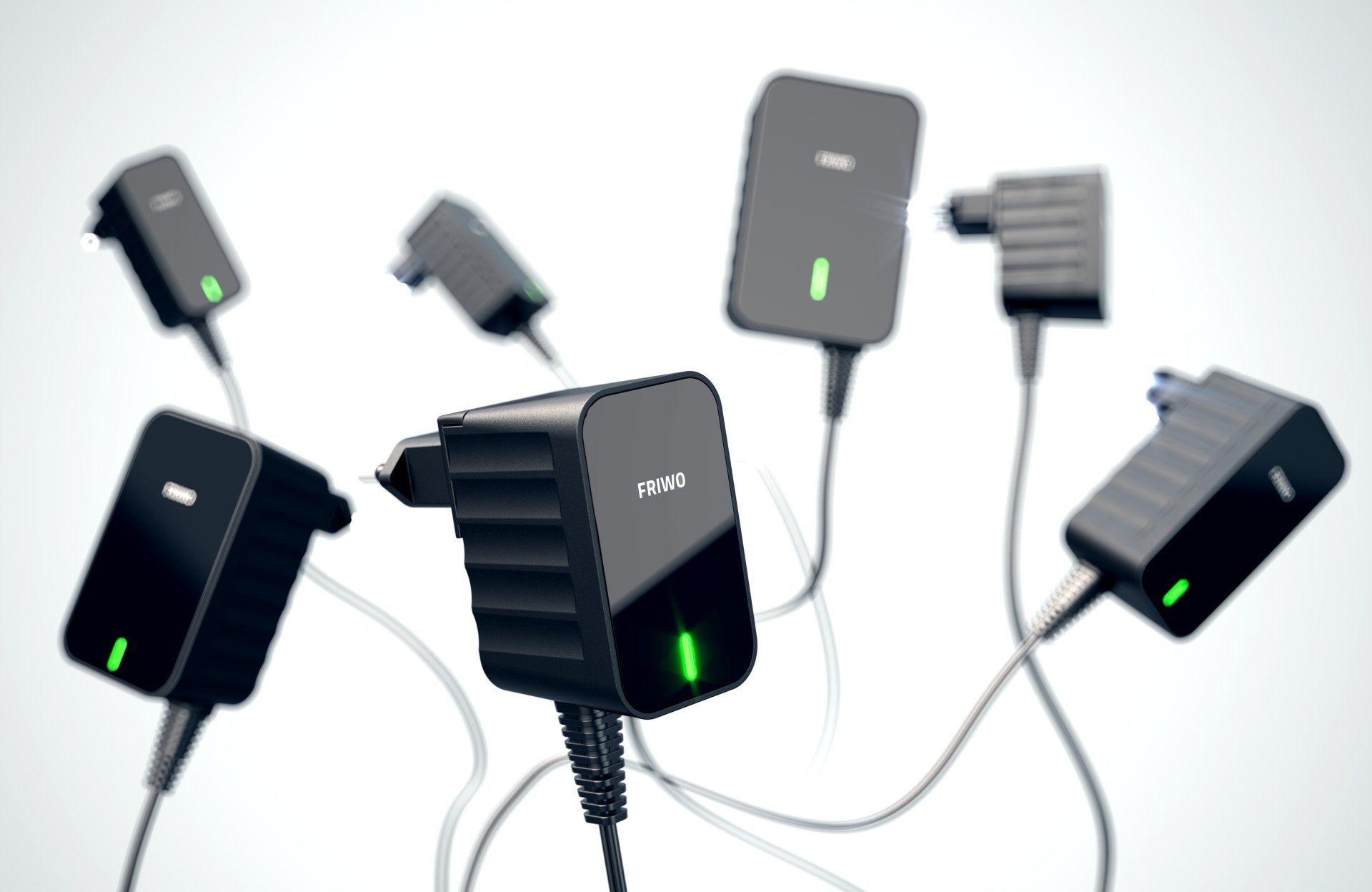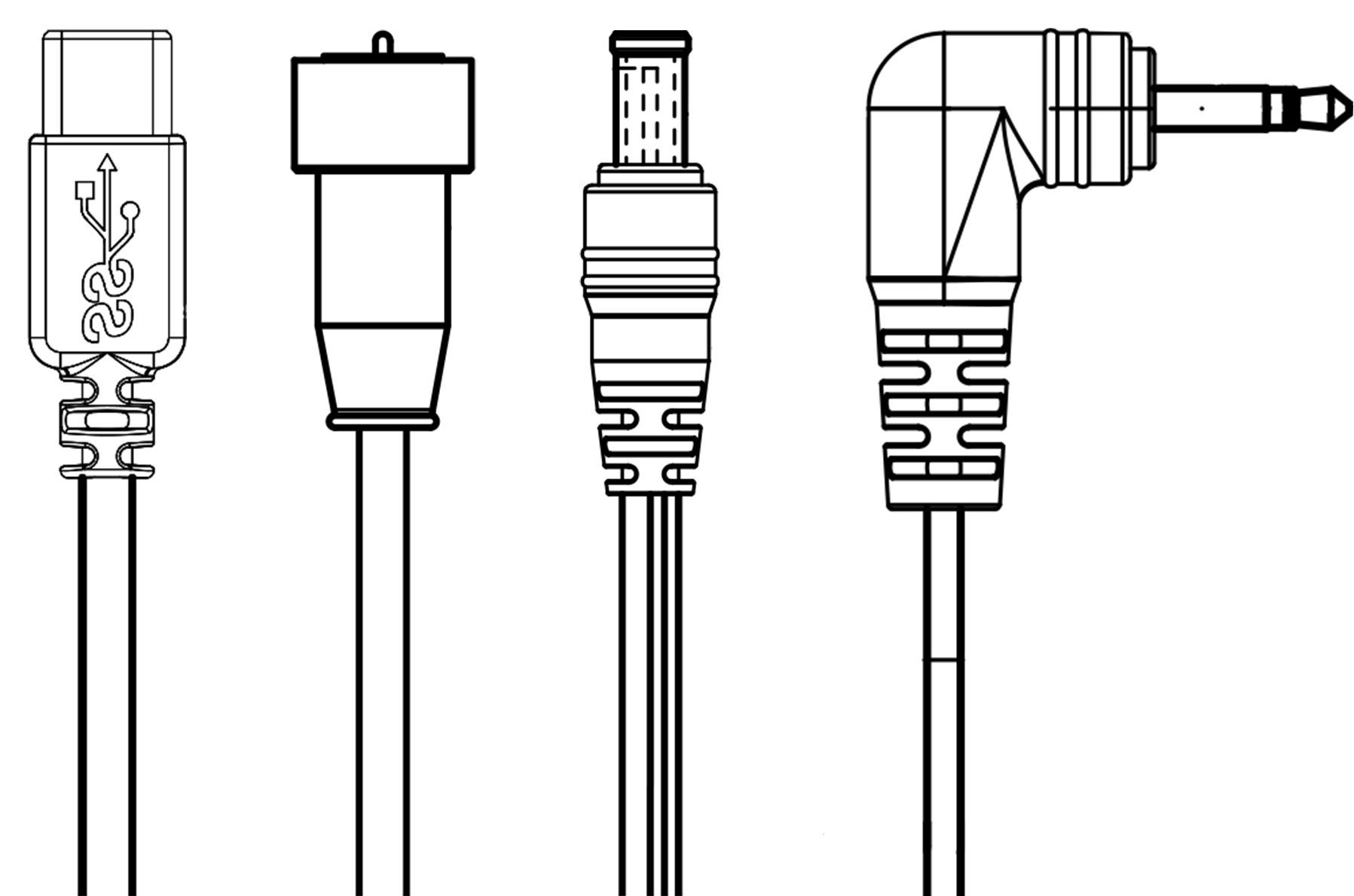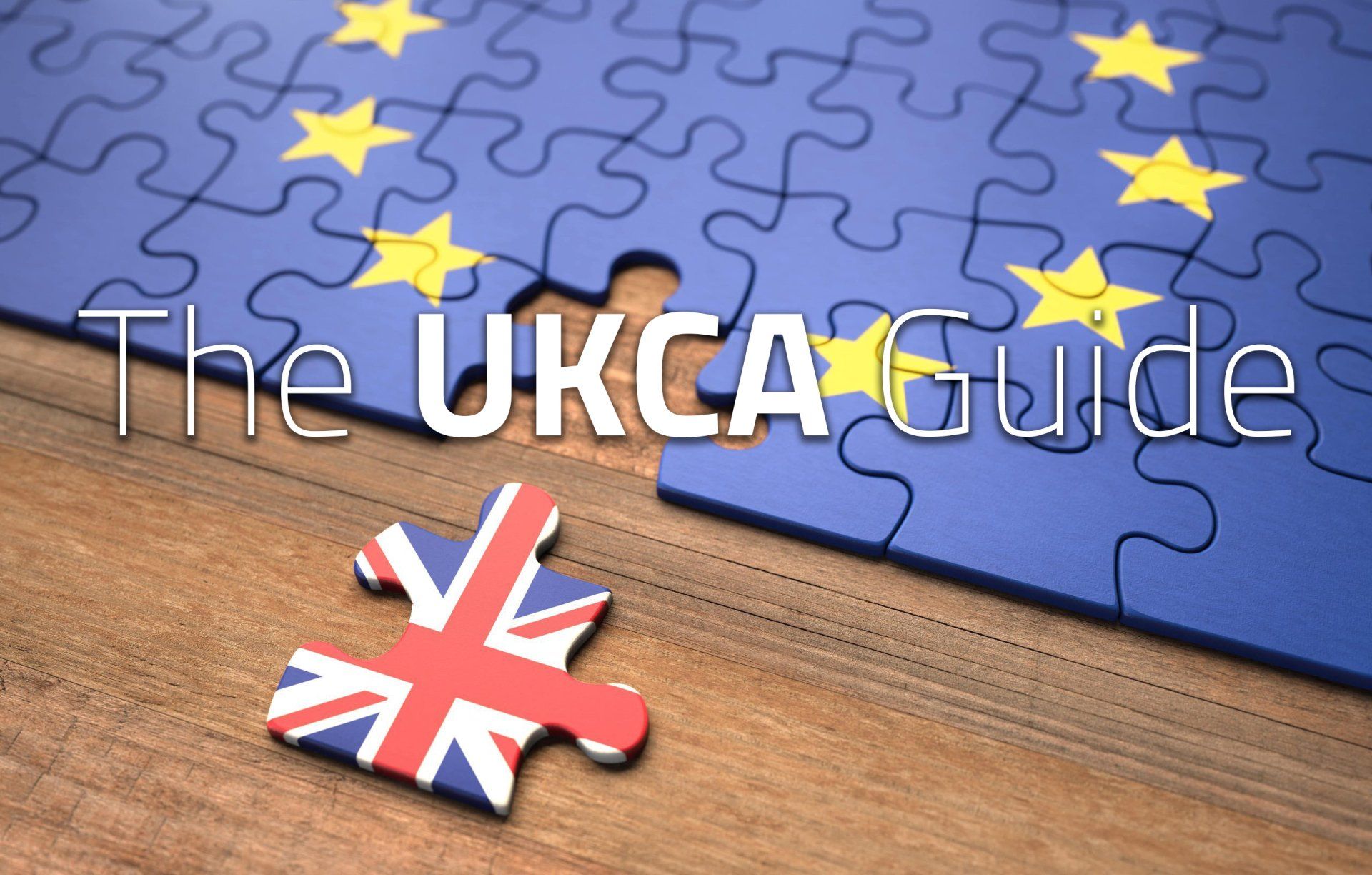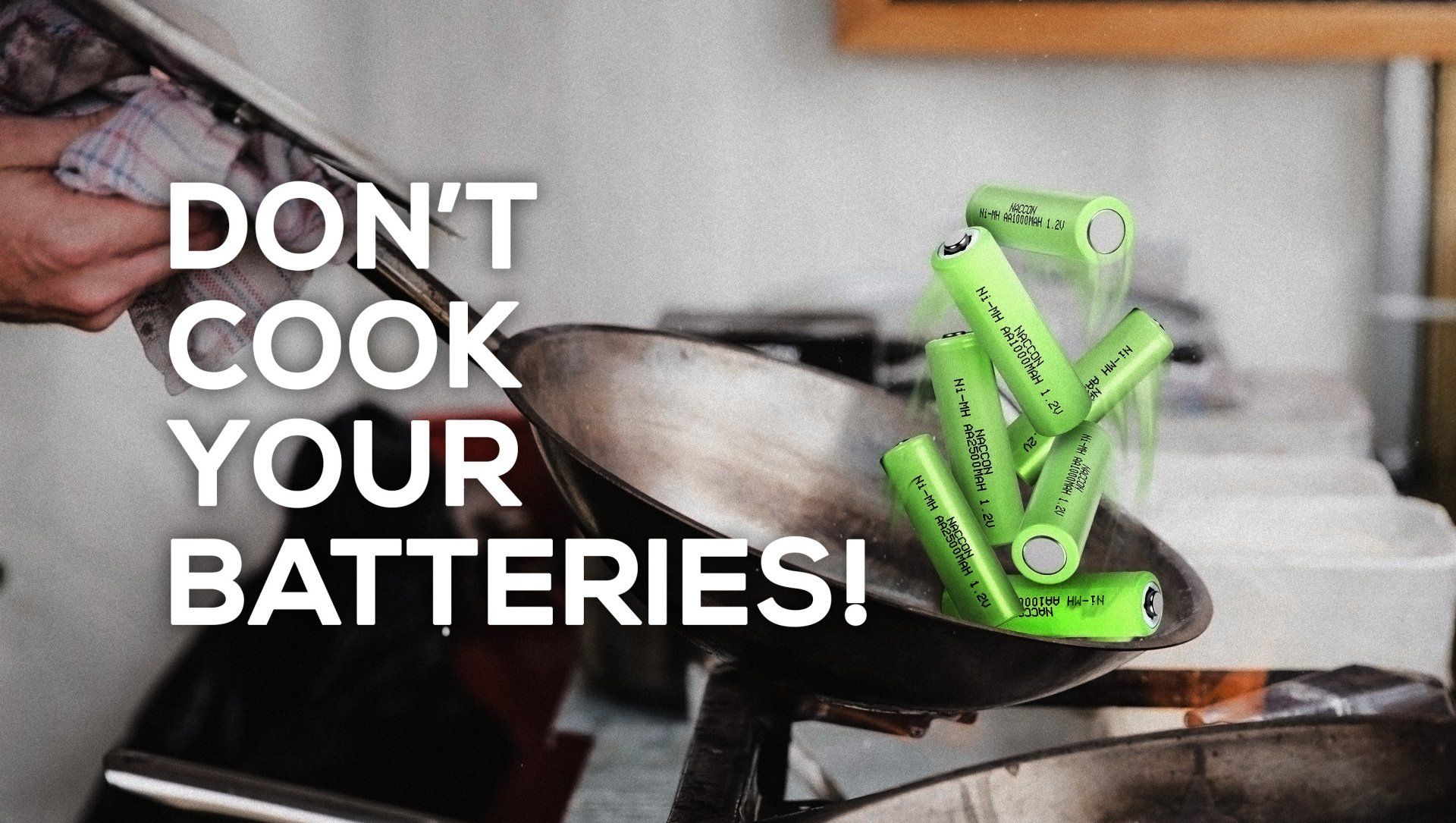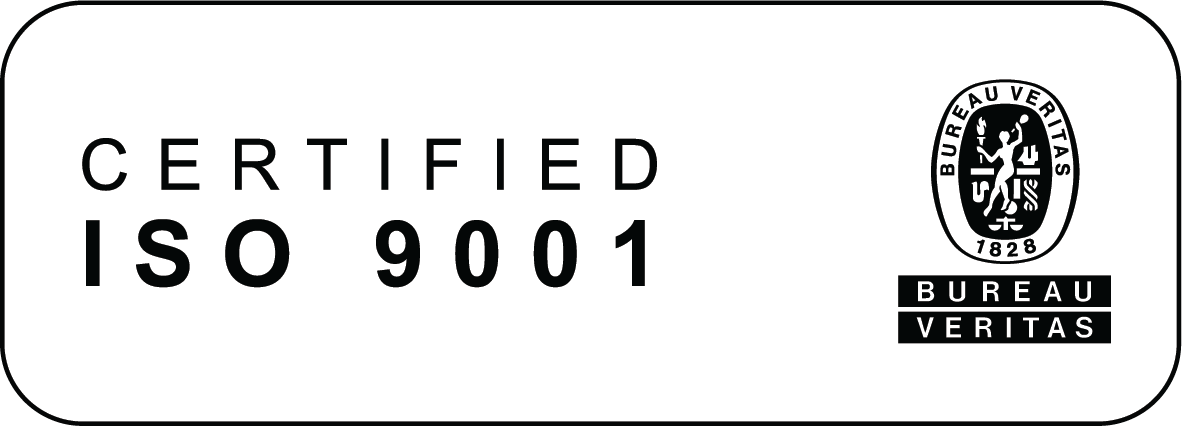Certificates for China; CCC or CQC approvals for power supplies
Ben Winstanley • September 13, 2019
What are the Statutory Requirements?
In China, there are two certification systems for product quality standardization, certain product groups are subject to authorization, most of them can be approved voluntarily. The certification is carried out by an approval agency. A self-declaration of conformity with Chinese standards for products subject to approval is not possible. Products which are not subject to certification are not required to be tested by an approval agency. Distribution and import to China, however, are simplified for an approved product.
What does CCC stand for?
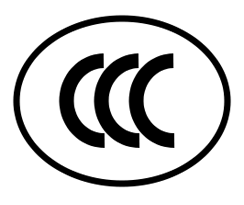
CCC stands for China Compulsory Certificate. This certificate, introduced in 2002, confirms the compliance with Chinese standards for product groups requiring approvals. Other product groups can not be CCC marked or can only be CCC marked indirectly.
Compliance with CCC regulations is checked by the Chinese authorities. Products without, with defective or non-valid CCC marking can be confiscated by customs on import to China. Violations of the CCC provisions result in heavy fines and intensive lawsuits.
The Chinese authorities CNCA (Certification and Accreditation Administration) supervise the CCC system. The CQC (China Quality Certification Center) or the CCAP (China Certification Center for Automotive Products) certifies the products and identify the product groups, which require an approval.
Which product groups are subject to approval?
Some products of the following product groups require approvals:
Email Us
- Electrical wires and cables
- Low-voltage Electrical Apparatus
- Low power motors
- Electric tools
- Welding machines
- Household and similar electrical appliances
- Audio and video apparatus (not including the audio apparatus for broadcasting service and automobiles)
- Information technology equipments
- Lighting apparatus (not including the lighting apparatus with the voltage lower than 36V)
- Telecommunication Terminal equipment
- Motor vehicles
- Motor vehicle Tires
- Safety Glasses
- Agricultural Machinery
- Latex Products
- Medical Devices
- Fire Fighting Equipment
- Safety Protection Products
- Home Decor and Remodeling Products
- Safety Parts and Accessories of Vehicles and Motorcycles
- Toy Products
- IT Products
Are power supplies subject to approval?
Power supplies and chargers are not necessarily subject to approval.
Check out our Website
Power supplies for audio/video equipment, chargers and power supplies for computers and IT products require the CCC approvals.
There are no direct requirements for power supplies and chargers for medical products, telecommunication, household appliances or tools. The entire product or system, however, may require a certificate.
This applies to the following medical products:
- Medical X-Ray Diagnostic Equipments
- Haemodialysis Equipments
- Hollow Fiber Dialysers
- Blood Circuit Pipings in Vitro for Blood Purification Equipments
- Electrocardiographs
- Implantable Cardiac Pacemakers
- Artificial Heart-Lung Machines
The CCC marking of a power supply which does not require an approval, is actually not possible. Nevertheless, it is often possible to declare it as "IT product", in addition to its intended use, to apply for a CCC approval.
How does CCC certification work?
The certification consists of several steps:
- Submission of application, all documents must be filed with the approval authority in full and translated if necessary.
- Product design inspection, the devices are examined and tested in a Chinese laboratory.
- Production audit, the production sites are audited and approved by the certification authorities.
- Follow up service, i.e. annual inspections of the products in a laboratory and of the production sites.
After successful certification, the manufacturer is entitled to mark the product with CCC.
A certificate is issued for 5 years but its validity is subject to regular review by the certification authorities.
What does CQC stand for?
For products which do not require CCC approvals, voluntary CQC certification may be obtained. After successful certification, the products can be marked with CQC. The certification is done by the China Quality Certification Center (CQC), which is also in charge of most CCC approvals.
The voluntary CQC mark is comparable to a German GS, a VDE or SIQ mark. It confirms that the device meets the Chinese standards and regulations. This often facilitates exports to China. A CQC marked product can get a CCC mark more quickly with an extension of the CCC product catalog. The costs of voluntary CQC certification are considerably high.
FRIWO and China certification
For many years FRIWO Gerätebau GmbH has been manufacturing power supplies for different scopes. We regularly conduct CCC or CQC certifications, our production sites as well as several products are CCC approved. We would be pleased to advise you on the selection of power supplies, and you will find us as a qualified partner for all issues regarding the certification of your power supply.
Sources:
http://www.ccc-certificate.org
http://www.cqc.com.cn/www/english/
MPR China Certification GmbH http://www.china-certification.com
CONTACT US
COMMENT ON THIS POST
SHARE THIS POST
While you're here, why not read some of our other blog posts?
We are 99% sure you'll learn something!
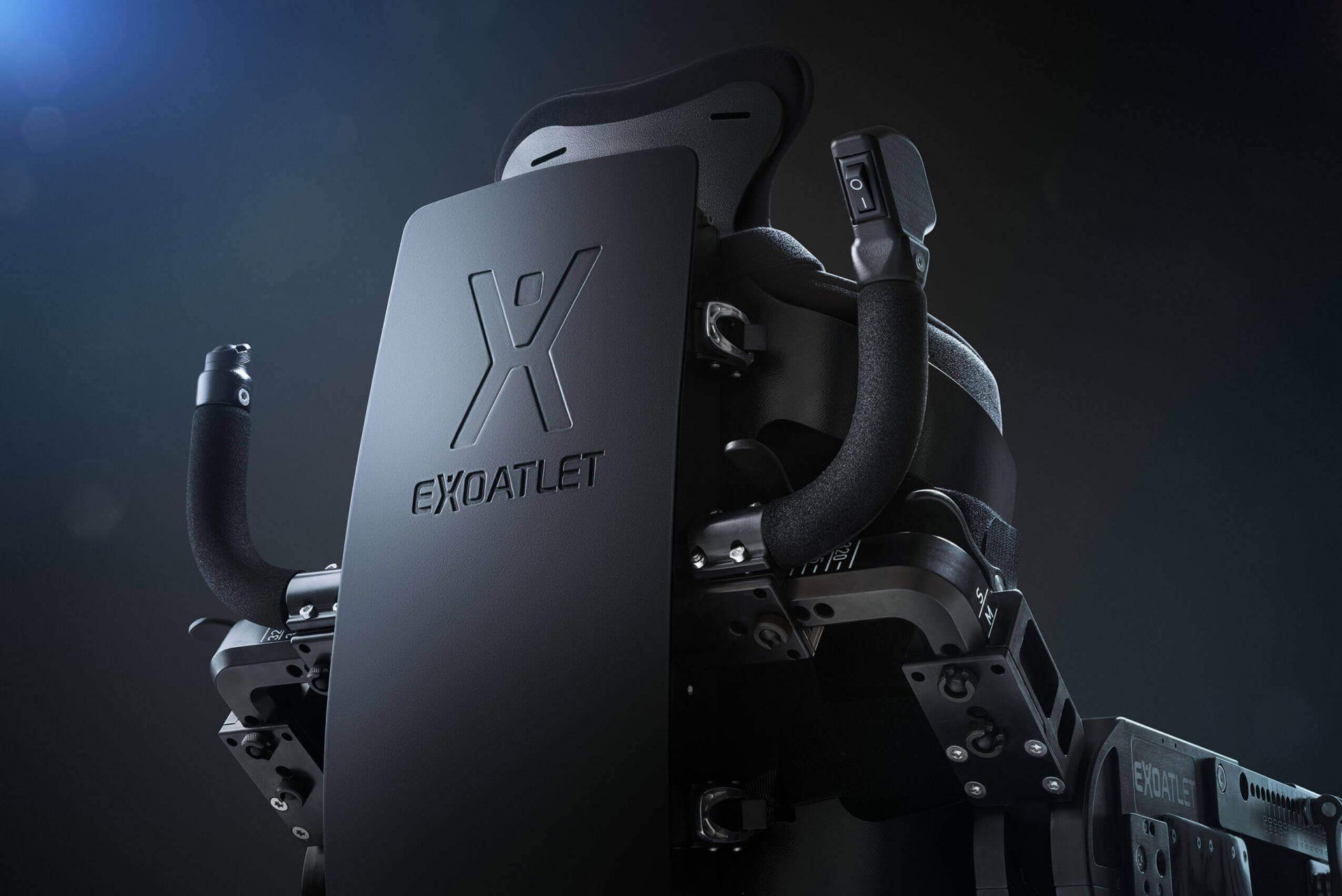
INDEPENDENT POWER SUPPLY FOR MEDICAL EXOSKELETONS A FRIWO systems solution in practice Finally being able to walk again. ExoAtlet, the renowned medical technology company, wants to grant that exact wish to its patients with physical disabilities. The specially designed and built exoskeleton allows people who have been confined to a wheelchair to stand freely, and without assistance, for the first time since their disability – and not only stand, but walk! The “ExoAtlet II” skeleton allows the wearer to move at different speeds as well as across different types of terrain without being hindered by stairs or other obstacles.
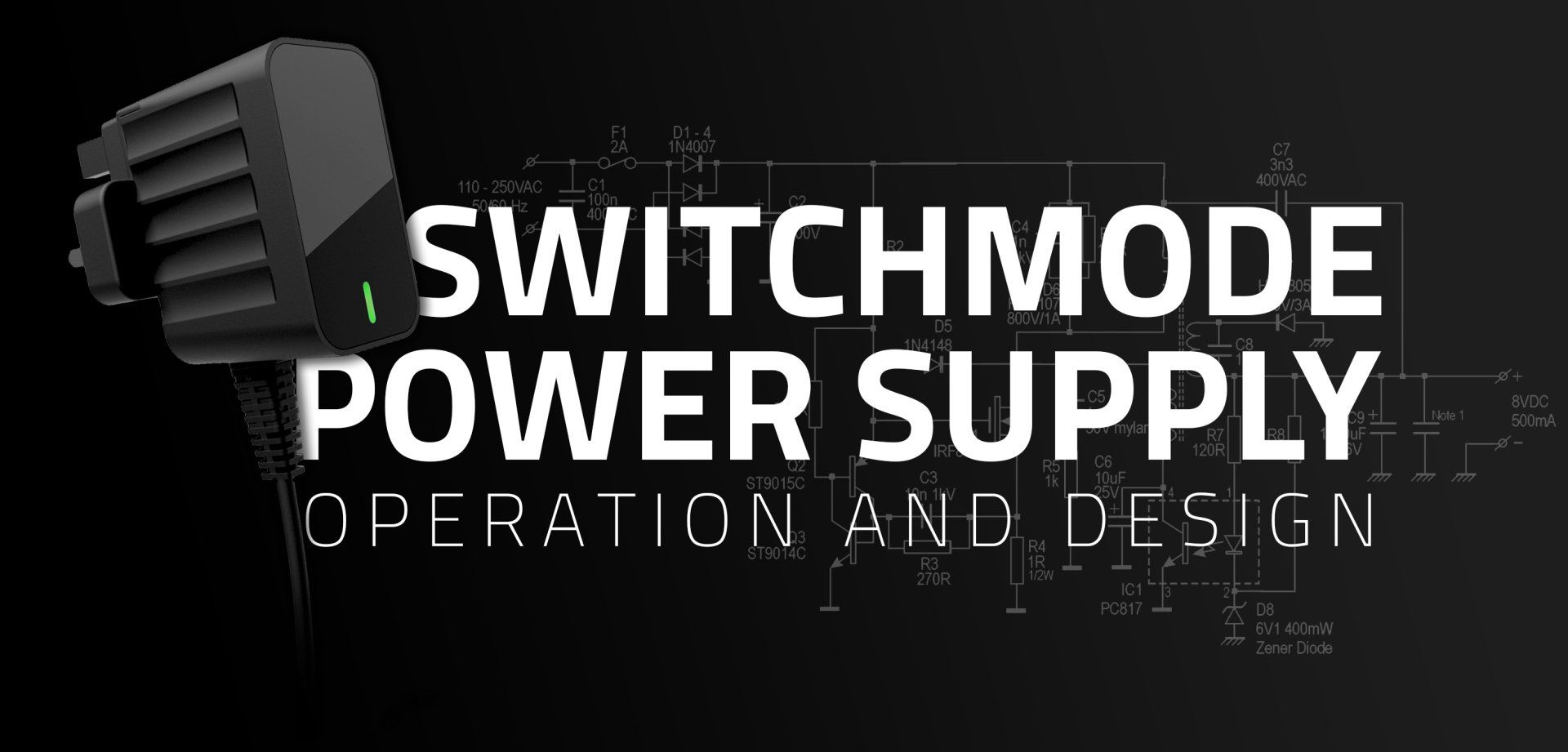
Switchmode Power Supplies vs Linear Power Supplies
The vast majority of low voltage external power supplies sold globally these days are switching (switchmode) units, as opposed to the original Linear technology, which is only considered appropriate for certain niche markets due to it’s inability to meet required efficiency standards.
In this article we will explore just some of the technical aspects & features and benefits of Switchmode topology vs Linear.

